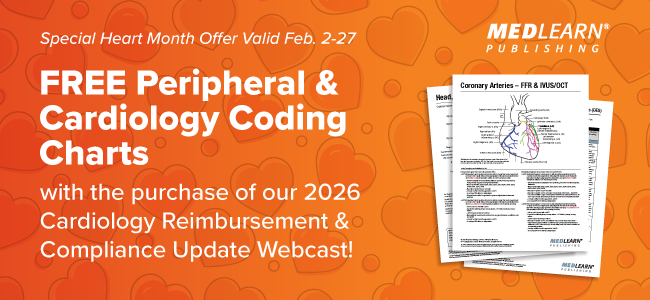This article will feature one part poll, one part legal discussion.
First, the poll: do you have the sense that administrative law judge (ALJ) hearings are getting harder to win?
Last month I participated in a hearing in a case with a million-dollar overpayment. The hearing seemed to go really well. At the end, both my client and I were confident that the judge had really listened to our arguments.
So, imagine our surprise when the second business day after the hearing, at 8 a.m., we received a lengthy faxed decision ruling against us. It was hard to believe such a lengthy decision could have been turned around so fast.
Just a few days later, a client in the southeast called me and asked if I could talk to their appeals team. They indicated that the team is becoming depressed because they are losing so many ALJ appeals. They wanted to know if this experience reflected on them or was part of a wider trend.
A few days after that, a client in the southwestern U.S. called with a virtually identical query. So here’s my question to you: does it feel like ALJs are more likely to rule for the contractors? Please feel free to email me your thoughts.
The second topic involves situations in which there is an internal disagreement about whether to make a refund or to change make a change in policy prospectively. When two people disagree about how to interpret a provision, each of them should lay out all of the evidence they have supporting their position.
I’ve talked about the regulatory hierarchy, and I think it’s useful to consider this from the top down. What does the Constitution say? Are there any statutes or laws that are relevant? What federal or state regulations exist? Is there a national coverage determination (NCD)? I think it’s helpful to consider them in precisely that order, because sort of like paper covers rock and rock smashes scissors, statutes cover a regulation, and the Constitution smashes both.
When one of the participants has a statute, regulation, or NCD that answers the question, they beat anyone pointing to a local coverage determination (LCD), Medicare manual, Medicare contractor bulletin, or anything else, because LCDs, manuals, and bulletins are merely guidance, and not binding.
It is somewhat common to encounter situations where the only evidence people will cite will be from manuals or contractor FAQs. I wanted to re-emphasize that I can’t think of a situation in which a refund is required simply because of language in a manual or a carrier issuance. In the absence of a statute or regulation, you might change your policy going forward, but I would discourage you from cutting a refund check if the services were provided and were medically necessary.
The bottom line is that if someone believes that you are breaking a rule, it is both reasonable and wise to ask them to, in the words of Aretha Franklin, prove it, prove it, prove it.
Prove it to me. If you do it with r-e-s-p-e-c-t, they should feel appreciative of the opportunity to present their arguments.
Programming note:
Listen to healthcare attorney David Glaser every Monday morning for his “Risky Business” segment on Monitor Mondays with Chuck Buck, 10 Eastern.
EDITOR’S NOTE:
The opinions expressed in this article are solely those of the author and do not necessarily represent the views or opinions of MedLearn Media. We provide a platform for diverse perspectives, but the content and opinions expressed herein are the author’s own. MedLearn Media does not endorse or guarantee the accuracy of the information presented. Readers are encouraged to critically evaluate the content and conduct their own research. Any actions taken based on this article are at the reader’s own discretion.























